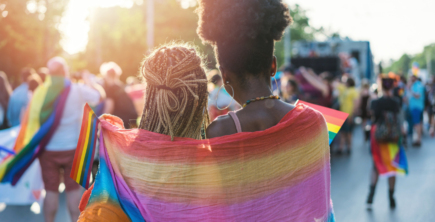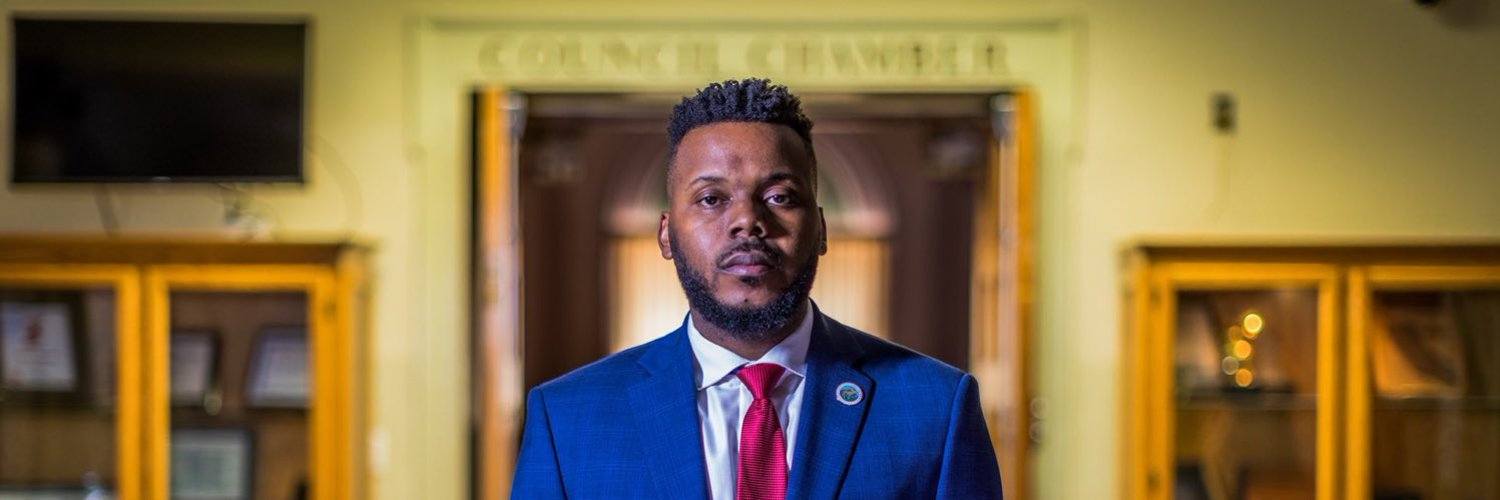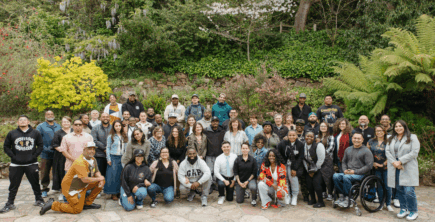
LGBT

To better understand what economic justice means to Tides and our community—particularly during the overlapping crises of COVID-19 and racial inequality—we reached out to community leaders to share their thoughts.
I spoke recently with Mayor Michael Tubbs of Stockton, CA, one of the youngest mayors in the U.S. Tubbs is a co-founder of Tides Center partner Reinvent South Stockton Coalition, and the founder of Mayors for a Guaranteed Income. Tubbs and the Stockton community launched one of the first guaranteed income pilots in the country, the Stockton Economic Empowerment Demonstration (SEED) Program.
During our Q&A conversation, Mayor Tubbs shared his thoughts on economic justice and how guaranteed income fits in.

Mayor Michael Tubbs of Stockton, CA, is one of the youngest mayors in the United States. He is the founder of Mayors for a Guaranteed Income and a co-founder of Reinvent South Stockton Coalition.
At the baseline level, economic justice means people are rewarded for their inherent dignity as human beings. And, to me, that looks like ensuring that everyone has the same floor and that folks are able to meet their basic necessities to live a life of dignity.
Also, there should be active measures to correct policies, systems, and practices that have been unjust. It looks like pay parity, and it looks like a tax code that reflects the need for a robust safety net, and a progressive tax code that doesn’t tax those with the least the most.
Guaranteed income is not a magic bullet but a powerful tool that gets us closer to economic justice for a couple reasons. Number one, guaranteed income is a tool that rewards people, particularly women, for the work they do in caregiving and domestic work at home that is not compensated at their own house the way it would be just across the street. And secondly, it allows everyone at a base level to have a floor, an income floor and a bit of nest egg to build upon, which is incredibly important.
A guaranteed income allows people to have more economic dignity and agency, and the ability to make choices in the labor market. A guaranteed income could help give people more bargaining power, to make choices not from a place of desperation.
We have learned you can trust people with money. They manage money well, but many people don’t have enough money to manage. We spend money on the same things—food, rent, education, etc. And we also sometimes do something special, like get a nice meal, to enjoy life.
Also, we learned that our society attaches dignity to the wrong things. Dignity is attached to production or work, when it should be attached to humanity. Each person deserves dignity, it can make our society better if we respect one another’s dignity. The premise that dignity should be attached to work is false.
Mayors for a Guaranteed Income is a network of mayors that have come together to advocate for a guaranteed income to help build a more resilient America. Mayors across the country have been reaching out the past few years to learn about our guaranteed income pilot in Stockton, and the COVID moment and current fight for racial equity galvanized us to get this started now.
The protests following George Floyd’s death convinced me that now is the time to promote the need for a guaranteed income. Dr. King spoke about the need for a guaranteed income in 1967 amongst similar scenes, when there were hundreds of protests occurring across the country.
Success would be pilots in dozens of cities across our country that test and help improve guaranteed income programs and support people in need. On a policy level, success would be having a federal guaranteed income policy during COVID, and after this pandemic, as well. Action at the federal level would be a key part of success.
I think it would increase feelings of trust in our government as a force for good. Generally, people have a negative connotation about government—taxes the government takes and services it does not provide. Guaranteed income would be a tangible way our government could support people in need and would help change the narrative.
So many challenges in our country can be attributed to people lacking economic resources— from educational attainment gaps to crime rates. A guaranteed income would not be a panacea, but it would help us begin. Begin to reduce the impacts of racism and begin to help alleviate poverty.
We are a national organization that spans about 30 cities, from St. Paul, MN, to Jackson, MS, to Madison, WI, to Tacoma, WA. Our mayors are different genders, ages, and races, and we are all committed to a vision of a national guaranteed income.
MGI raised an initial $3M from Jack Dorsey, CEO of Twitter, and the founder and CEO of Square, which enabled us to give $100K to each network city to start getting staff on the ground for local pilots. Now, we are raising money for these pilots, staffing, pilot evaluations, and to help build an effective storytelling narrative for guaranteed income.
We are excited to partner with funders that want to support these efforts. Philanthropy isn’t justice, but philanthropy gives us a chance to test, learn, and scale. And, to spend time imagining what the world can look like. COVID has further exposed the economic fragility of our country, now is the time for us to reimagine and act.
Economic Justice is About Dignity
Economic justice should be about recognizing the humanity and dignity in each of us. We need to ensure that each individual has enough to meet their basic needs—things like a roof over their head and food on the table. Guaranteed income is a tool that creates the floor that individuals can build upon.
To learn more, visit MGI.

LGBT

Corporate Partners

Philanthropy

Read the stories and hear the voices of social change leaders fighting for justice.